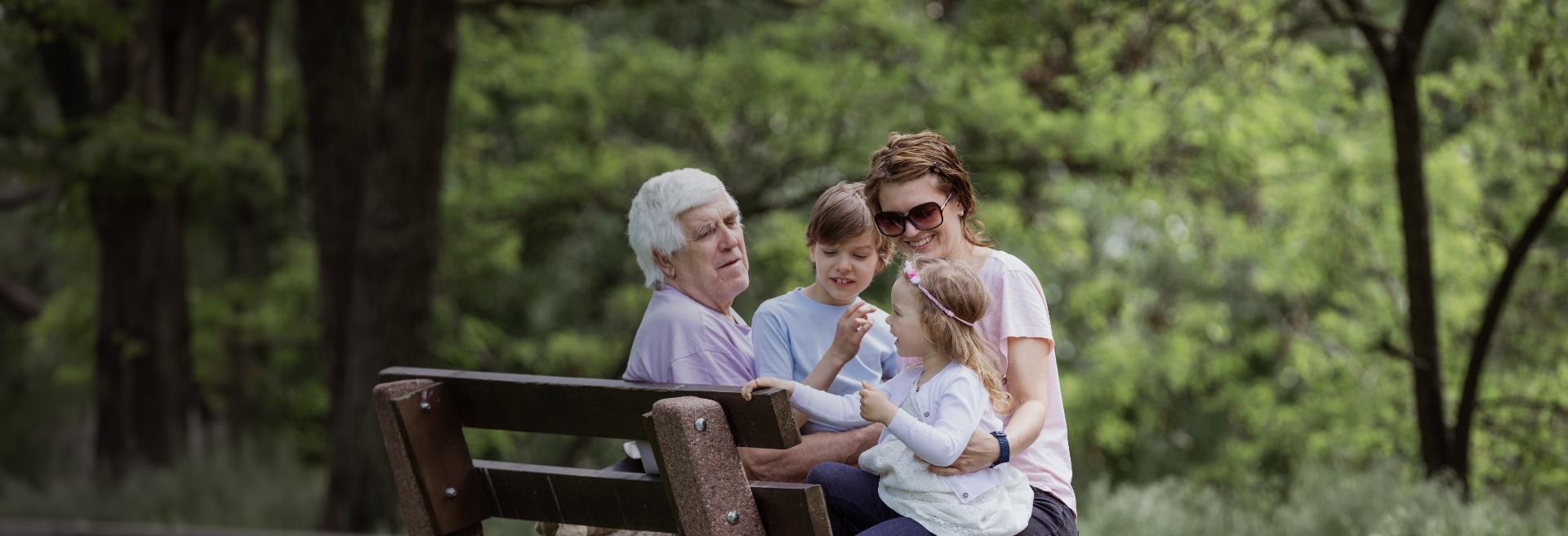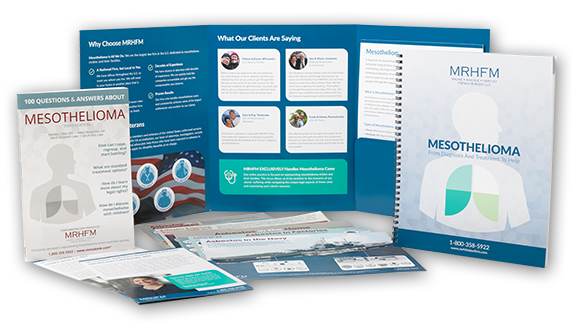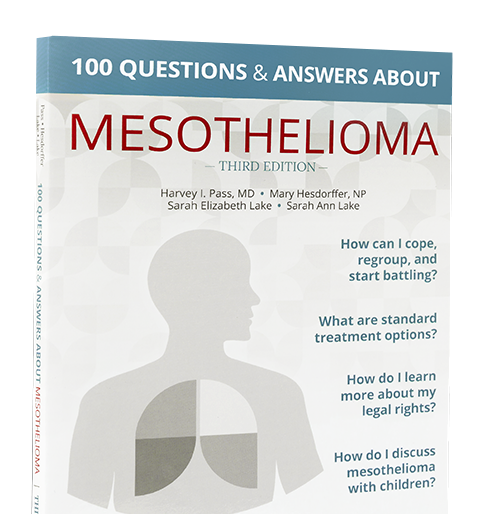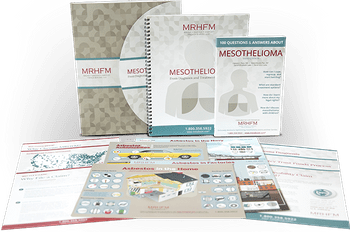Targeted therapy is one of the most promising newer forms of mesothelioma treatment. It works different from standard chemotherapy (chemo) in that it targets certain parts of cancer cells that make them different from other cells or other cells that help cancer cells grow. Chemo drugs on the other hand work by killing cells in the body that grow and divide quickly. Unfortunately, chemo can also affect other (healthy) cells in the body leading to a host of serious side effects. Because targeted therapy seems to distinguish between healthy and unhealthy cells, there are fewer side effects.
Though targeted therapy sounds like a less toxic form of cancer treatment, its effectiveness in combating cancer is still being studied. This is just one reason experts say chemotherapy still remains one of the most valuable therapies to treat mesothelioma and other cancers. In fact, according to Dr. Robert Comis, a professor and oncologist at Drexel University, “chemo is often paired with still-unproven treatments to improve their odds of success.”
Experts say that not only do specialists rely on chemotherapy because it kills malignant cells, they also value the treatment because it has the proven ability to directly affect the immune system, making the body more resistant to new cells as they reemerge. Per the NPR Morning Edition program, “certain chemotherapy drugs can kill a type of T-cell that makes cancers more resistant to treatment. It also appears that after chemotherapy kills cancer cells, the debris that's left can sometimes stimulate an immune reaction. That leftover material is like a vaccine, in that it trains the immune system to recognize and attack remaining cancer cells.”
According to Johns Hopkins Oncologist Dr. Leisha Emens, chemotherapy’s ability to directly affect the immune system is one of the most “underappreciated” roles of this mainstay treatment. In clinical trials, Emens routinely gives standard chemotherapy alongside experimental treatments to enhance the effectiveness of the therapy.
In the end, experts agree that this is hardly the end of the road for traditional chemo. Says Dr. Elad Sharon of the National Cancer Institute (NCI), "I think there are some diseases where chemotherapy has really been very effective, and has led to significant cures. It's probably going to be very hard for any targeted agents to beat them." Comis agrees. "We're in a transition state right now where the types of available treatments are changing, but we can't lose sight of the fact that cytotoxic chemotherapy has cured many, many patients." And using them in combination can make “these old standby drugs more effective.”
In an ideal world highly toxic chemo would give way altogether to gentler and more effective medicines, says NPR, but Comis “doesn’t see that day coming soon.
Sources
"Chemotherapy Side Effects." American Cancer Society. American Cancer Society, Inc., 2017. Web. 03 July 2017.
Harris, Richard. "Old-Style Chemo Is Still A Mainstay In The Age Of Targeted Cancer Therapy." NPR. WBEZ, National Public Radio (NPR), 13 Mar. 2017. Web. 03 July 2017.
"What Is Targeted Cancer Therapy?" American Cancer Society. American Cancer Society, Inc., 2017. Web. 03 July 2017.





